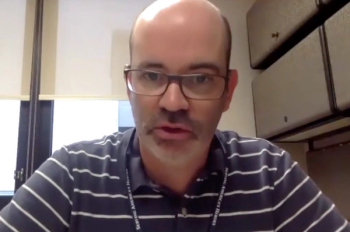
Caregivers for geriatric patients with cancer are vital members of a patient's care and support system, but often don't get the recognition they deserve.

Caregivers for geriatric patients with cancer are vital members of a patient's care and support system, but often don't get the recognition they deserve.

A new report from the Cancer Support Community shows that extra attention is needed from patient providers to address financial toxicity.

In order to create a better treatment landscape for geriatric patients with cancer, patients need to be involved in the process in order to shape personalized interventions.
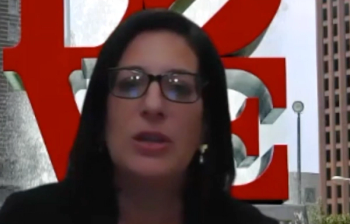
Heather Badt, CSC’s Executive Director of the Research & Training Institute, recently shared her personal perspective as a former patient and caregiver with CURE® and expanded on how those who care for loved ones with cancer often face their own unique challenges and require specialized resources themselves

To gain a better understanding of the issues faced by geriatric patients with cancer, and to determine how much of a role nutrition plays in outcomes, Dr. Grant Williams, a geriatrician oncologist and assistant professor at the University of Alabama, Birmingham, worked with colleagues to create a patient-reported assessment tool that bridges the knowledge gap in this patient population.
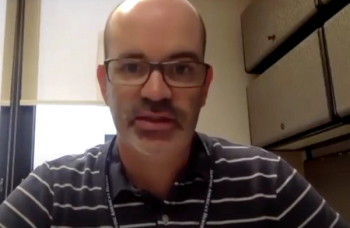
Nutrition is a vital aspect for patients with cancer, and malnutrition is a concern that must be tracked through the cancer journey.
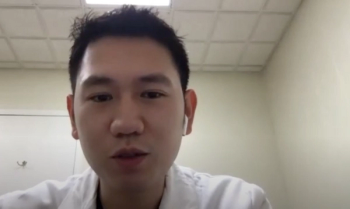
Doctor turned patient with cancer, Dr. Dan Tran, discusses how research and new medicine can help your hang onto hope during the cancer journey.
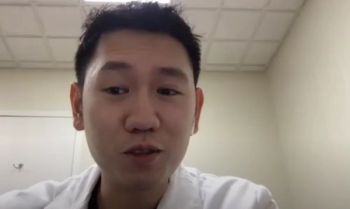
Dr. Dan Tran discusses his stage 4 lung cancer diagnosis at age 30, and how he has managed the shift from doctor to the patient with cancer.

Follicular lymphoma treatment options are changing, and according to one expert, immunotherapy could become a major part of therapy sequencing.
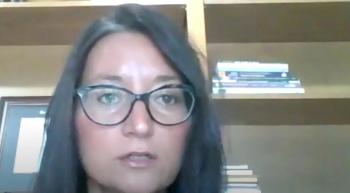
Dr. Kami J. Maddocks discusses the importance of effective treatments for patients with aggressive follicular lymphoma and the treatment challenges they face.
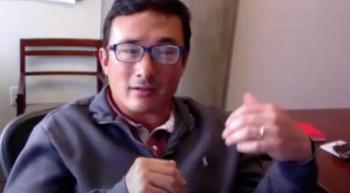
Cancer-treatment induced dry mouth can lead to several severe health issues. Here, Dr. Randy Kimple discusses how the side effect can lead to dental health issues, as well as other health consequences including pneumonia.
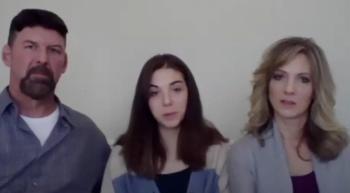
Emily Whitehead’s family details her journey with cancer and how advocating for their daughter led to Emily’s extraordinary CAR-T cell therapy treatment.
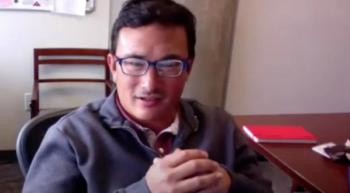
Outside of drinking plenty of water or avoiding foods that can induce dry mouth, Dr. Randy Kimple notes that there are very few effective treatments for patients who experience cancer treatment-related dry mouth.

In an interview with CURE®, Emily Whitehead details her journey as a pediatric cancer survivor and how you won’t be able to predict it.
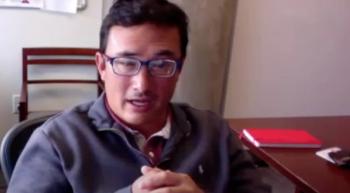
Potentially curative therapies for radiation-related dry mouth aren’t only beneficial for patients with cancer, but others who suffer from dry mouth in general.

Cancer survivor offers his advice to the newly diagnosed as they start their treatment journey.
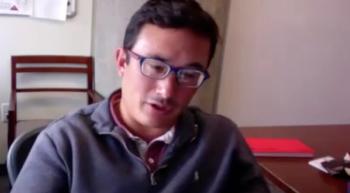
Dry mouth is a common cancer treatment-related side effect for patients, but a new experimental therapy could help with that.

Larry Whipple had to travel 1,500 miles from his hometown for a second opinion after he was diagnosed with advanced lung cancer, but through the course of his treatment he had to remain in isolation to avoid further illness.
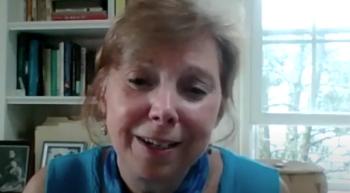
In an interview with CURE®, the president of the National Center for Health Research elaborates on the effort to protect patients from potentially serious side effects associated with getting breast implants, including breast implant-associated anaplastic large cell lymphoma.

The terminology surrounding the cancer journey is often associated with a “battle” and can misconstrue the experience of treatment.
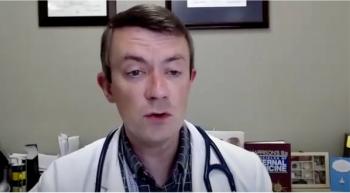
Dr. Mark Lewis discusses the rise of early-onset colorectal cancer, as awareness for the disease has spiked in the wake of Chadwick Boseman’s passing, being linked to the overuse of antibiotics.
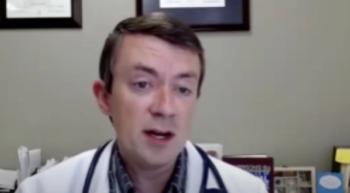
Young-onset colorectal cancer is sometimes hard for patients to talk about due to stigma, but one oncologist discusses how patients can be better self-advocates.
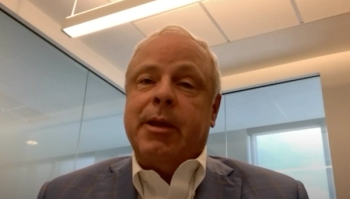
“In the field of triple-negative breast cancer, we're beginning to see some remarkable advances, mostly centering around the three paradigms that have become so attractive for the treatment of cancer: immunotherapy, targeted biologics and antibody-drug conjugates,” Dr. Howard A. “Skip” Burris, III said in an interview.

The death of actor Chadwick Boseman from colorectal cancer has brought to light that many people with cancer fight their battles quietly, and how even oncologists need to be considerate of a patient’s struggles despite how they appear.
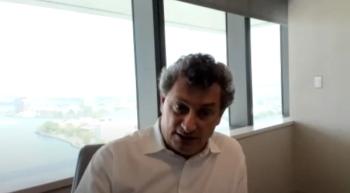
Patients with relapsed/refractory diffuse large B-cell lymphoma who are unable to undergo autologous stem cell transplant have a new treatment option in the combination of Monjuvi and Revlimid. The lead researcher on the study that led to the combination’s approval discusses what patients need to know.

The recent death of Chadwick Boseman highlights the need for earlier screening in colorectal cancer, especially for young people.
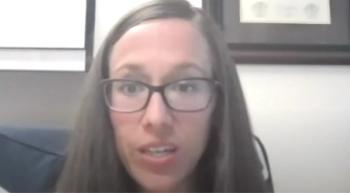
Dr. Lori A. Leslie discuses the potential of combination therapies with the emerging agent cirmtuzumab for patients with mantle cell lymphoma.

Dr. Nathan A. Pennell discusses the key genetic markers for treating patients with non-small cell lung cancer with targeted therapies.

Many factors impact outcomes in patients with advanced renal cell carcinoma, but recent findings suggest a patient’s age and gender are perhaps more important than previously realized.
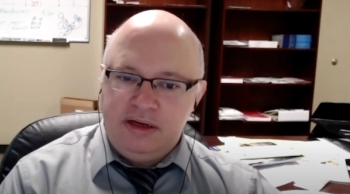
Despite recent advances in the treatment of multiple myeloma, more must be done to find effective treatment options for patients with advanced disease, according to Dr. Luciano J. Costa.